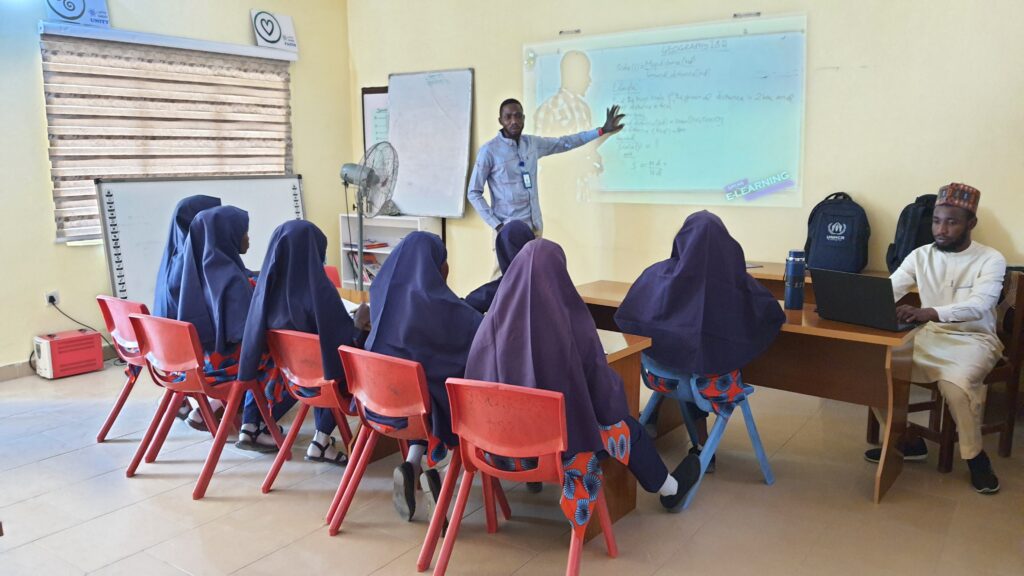
A 2022 UNICEF report indicated that One out of every three children in Nigeria is not enrolled in school, comprising 10.2 million at the primary level and 8.1 million at the junior secondary school level. Another 12.4 million children have never set foot in a classroom, and 5.9 million dropped out early. This staggering figure represents 15% of the global out-of-school population. Early Childhood Care and Development Education (ECCDE) programs are accessible to only one-third of children aged 36-59 months. Additionally, just one-third of eligible adolescents are attending senior secondary school. More than half of all girls in basic education are not attending school.
The Northeast and Northwest regions host 66% of all out-of-school children, with 86% coming from rural areas and 65% from the poorest quintile. This figure surpasses the total population of several African countries, underscoring the magnitude of the issue. Sadly, a significant portion of these out-of-school children reside in conflict-affected areas, exacerbating an already dire situation.
In Borno State, where the impact of conflict has been particularly severe, hundreds of thousands of children lack basic literacy and numeracy skills due to the prolonged conflict. Recognizing the urgent need to address this educational gap, Neem Foundation initiated the Learning on the Go program as part of its ongoing efforts to rehabilitate communities affected by conflict.
“When I joined the Learning on the Go Programme years ago, I couldn’t read or write, especially after surviving the conflict in Borno State. The classes helped me and my friends learn how to spell, read, and write. I am now a student of the Lafiya Sarari Program, and the skills I gained prepared me to excel in my studies.”
Binta (A beneficiary)
The Learning on the Go program is a proactive initiative designed to provide out-of-school children in remote communities with access to quality basic education. The program aims not only to impart foundational academic skills but also to instill values and enhance social and emotional development, preparing children for formal education.
Since its inception, the program has successfully reached 400 beneficiaries from communities such as Sulumri, Fulatari, Gwozari1, Gwozari2, and Mairi. Each batch of 100 pupils undergoes six months of intensive learning sessions, after which they are transitioned into mainstream schools. Neem Foundation supports these children by providing essential learning materials like uniforms and bags, ensuring a smooth transition into formal education.
Abraham Julius, a Neem Foundation staff overseeing the program in Borno State, shared his observations. He witnessed the transformation of children who initially struggled to construct a sentence in English or express themselves in Hausa. Today, these children are more confident and literate, a significant achievement in the fight against illiteracy.
“The program has played a huge role in reducing illiteracy in our communities and creating the possibility for a brighter future through education. Teaching children who are survivors of conflict leaves a lasting experience in our hearts.”
Abraham Julius (A facilitator at the learning center)
The program has faced challenges, particularly in securing learning centers and ensuring regular attendance. Some parents prioritize household chores or income-generating activities over education. Despite these obstacles, the program has received overwhelming support from religious and community leaders, underscoring its importance and impact in the communities.
